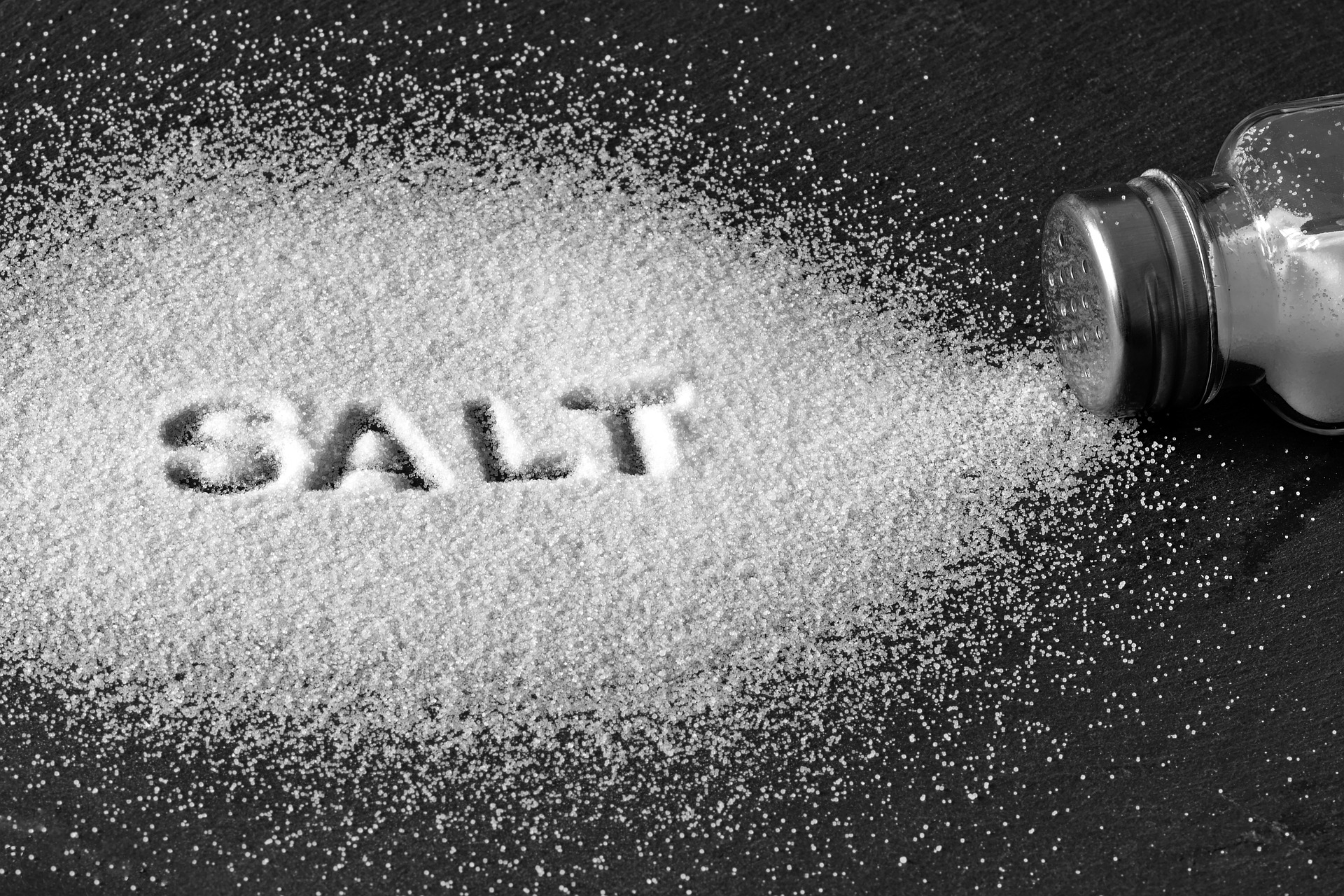The war on salt (sodium) is doing more harm than good – the worldwide low salt intake policy is based on faulty research methods and illogical reasoning:
- Sodium consumption is not the root cause of the worldwide hypertension epidemic. For the past 80 years, hypertension prevalence has soared while salt consumption has dropped greatly worldwide.
- Lowering blood pressure (BP) by reducing sodium intake is equivalent to taking a diuretic to palliate the symptoms, which distracts the public from identifying and addressing the real root causes.
- Sodium is an essential mineral – humans cannot survive without it. Thus, there must be an optimal range, and the linear relationship between sodium intake and total (all-cause) mortality, implying the less sodium intake the better, cannot be correct.
- Existing evidence altogether shows the relationship between sodium intake and total mortality is U-shaped – too little sodium intake increases the risk of total mortality (the most important and meaningful measure for overall health).
- Large studies have shown the optimal sodium intake range for overall health or total mortality is between 3 and 5 g per day (7.5 – 12.5 g salt per day).
- Sodium intake restriction is an option for those who are hypertensive and sensitive to salt consumption, but the benefit (low BP) and harm (high total mortality) need to be balanced.
- Low sodium intake is also an option for those retaining too much sodium due to health issues (e.g., kidney or and hormonal disorders) or medications taken. Under such circumstances, you need your doctor to guide your salt intake by testing/monitoring your serum sodium level.
The bottom line: The indiscriminate population-wide low salt intake policy is mistaken. Sodium is an essential mineral – eating too little can be detrimental. On the other hand, salt is not the culprit behind the worldwide hypertension epidemic. Research has clearly shown environmental chemicals, chronic psychological stress, and micronutrient deficiency or insufficiency (especially potassium and vitamin D) all can raise blood pressure. The medical establishment needs to focus on addressing the root causes rather than palliating symptoms. No diseases will go away unless the root causes are resolved.









Leave a Reply